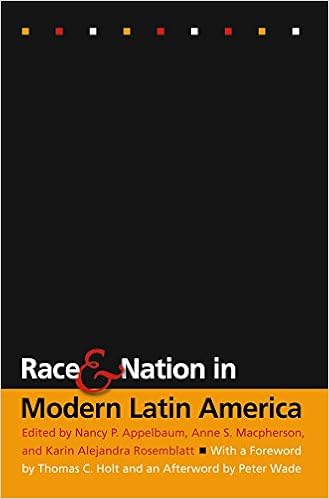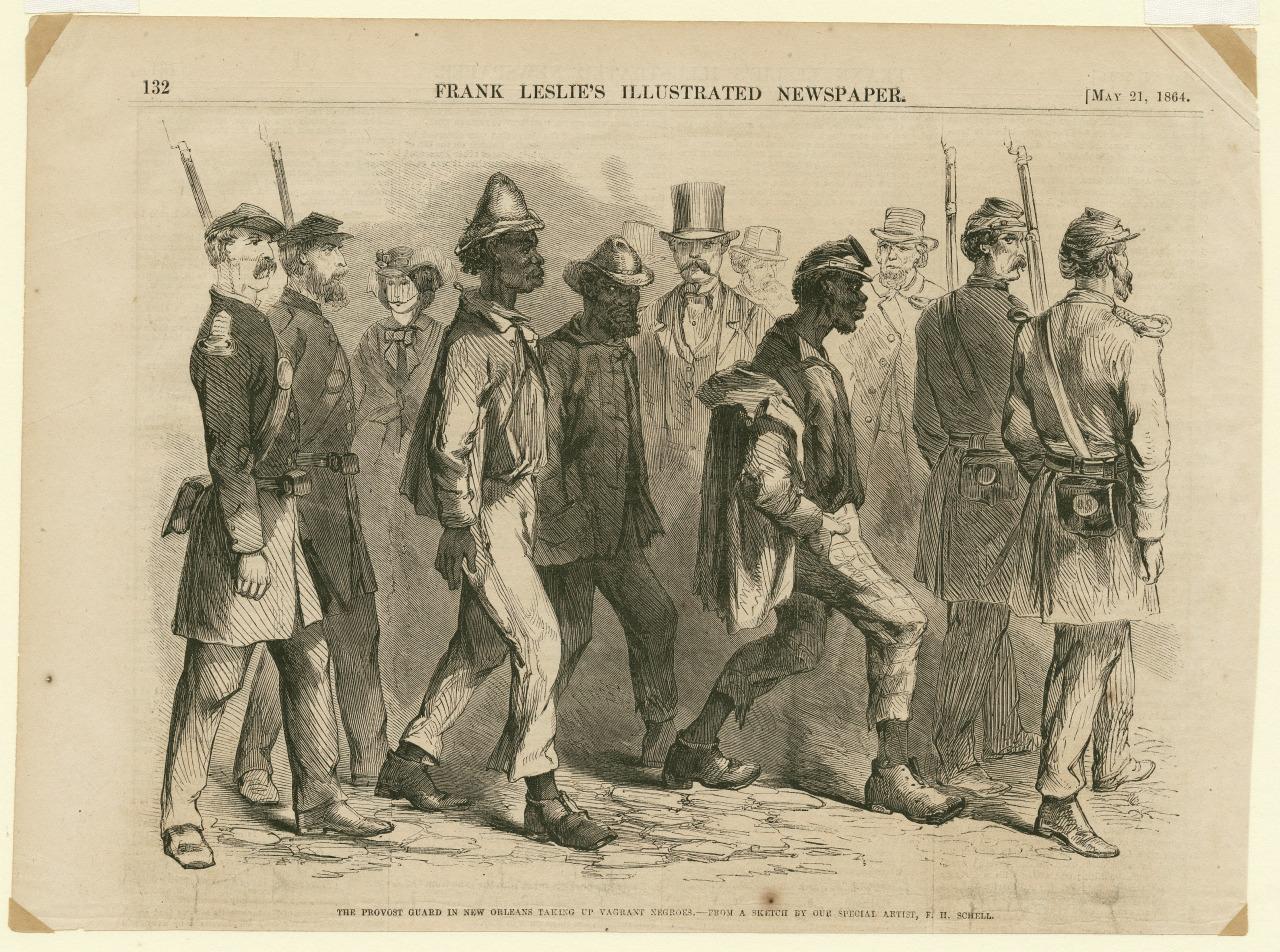Negotiating National Identity: Immigrants, Minorities, and the Struggle for Ethnicity in BrazilPosted in Anthropology, Asian Diaspora, Books, Brazil, Caribbean/Latin America, History, Media Archive, Monographs on 2016-06-18 23:21Z by Steven |
Negotiating National Identity: Immigrants, Minorities, and the Struggle for Ethnicity in Brazil
Duke University Press
1999
304 pages
11 b&w photographs, 4 tables
Cloth ISBN: 978-0-8223-2260-3
Paperback ISBN: 978-0-8223-2292-4
Jeffrey Lesser, Samuel Candler Dobbs Professor of History
Emory University, Atlanta, Georgia
Winner, Brazil in Comparative Perspective section of Latin American Studies Association (LASA) Best Book Award
Despite great ethnic and racial diversity, ethnicity in Brazil is often portrayed as a matter of black or white, a distinction reinforced by the ruling elite’s efforts to craft the nation’s identity in its own image—white, Christian, and European. In Negotiating National Identity Jeffrey Lesser explores the crucial role ethnic minorities from China, Japan, North Africa, and the Middle East have played in constructing Brazil’s national identity, thereby challenging dominant notions of nationality and citizenship.
Employing a cross-cultural approach, Lesser examines a variety of acculturating responses by minority groups, from insisting on their own whiteness to becoming ultra-nationalists and even entering secret societies that insisted Japan had won World War II. He discusses how various minority groups engaged in similar, and successful, strategies of integration even as they faced immense discrimination and prejudice. Some believed that their ethnic heritage was too high a price to pay for the “privilege” of being white and created alternative categories for themselves, such as Syrian-Lebanese, Japanese-Brazilian, and so on. By giving voice to the role ethnic minorities have played in weaving a broader definition of national identity, this book challenges the notion that elite discourse is hegemonic and provides the first comprehensive look at Brazilian worlds often ignored by scholars.
Based on extensive research, Negotiating National Identity will be valuable to scholars and students in Brazilian and Latin American studies, as well as those in the fields of immigrant history, ethnic studies, and race relations.
Table of Contents
- Preface
- Acknowledgments
- Abbreviations
- The Hidden Hyphen
- Chinese Labor and the Debate over Ethnic Integration
- Constructing Ethnic Space
- Searching for a Hyphen
- Negotiations and New Identities
- Turning Japanese
- A Suggestive Epilogue
- Notes
- Bibliography
- Index





